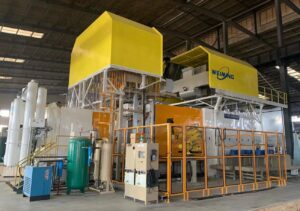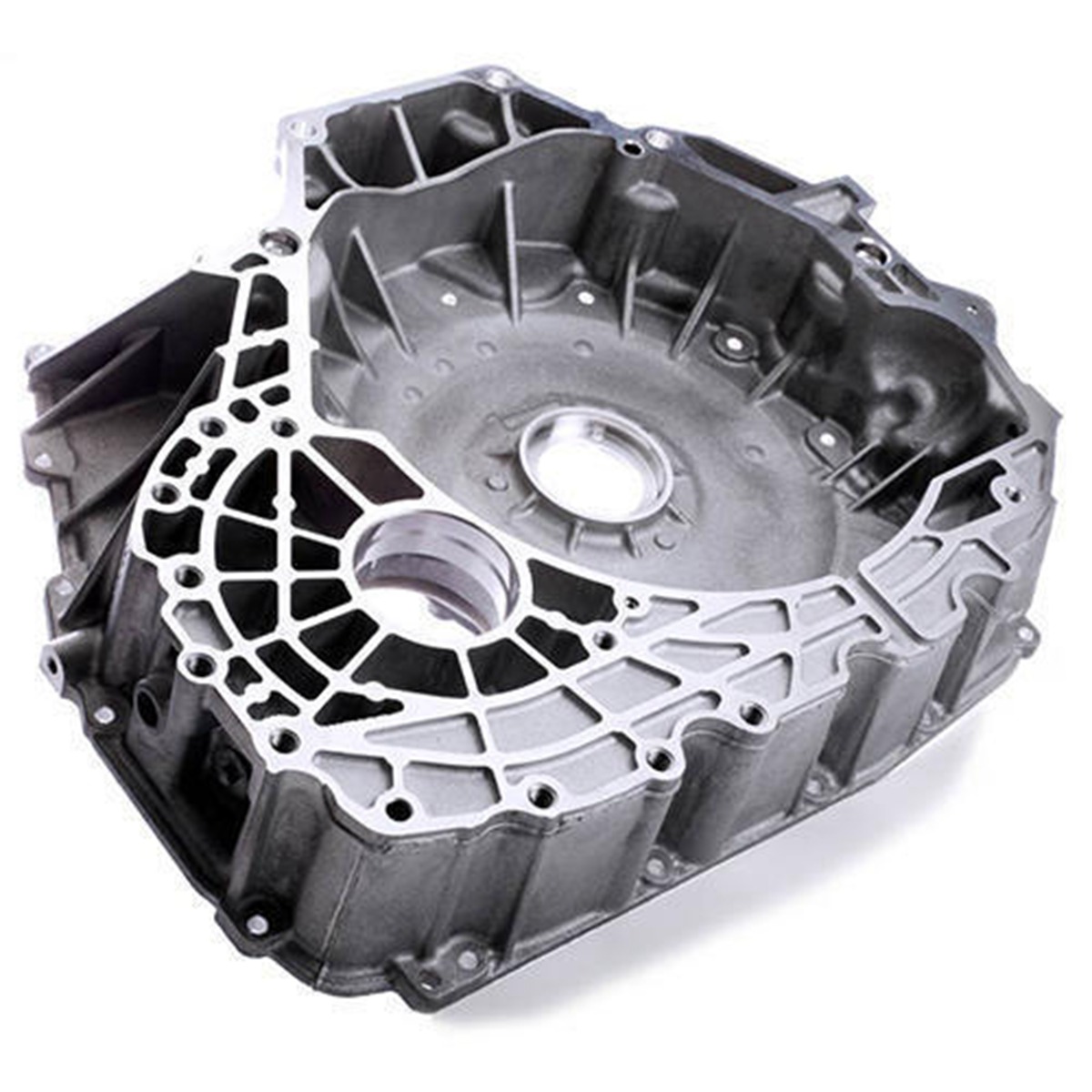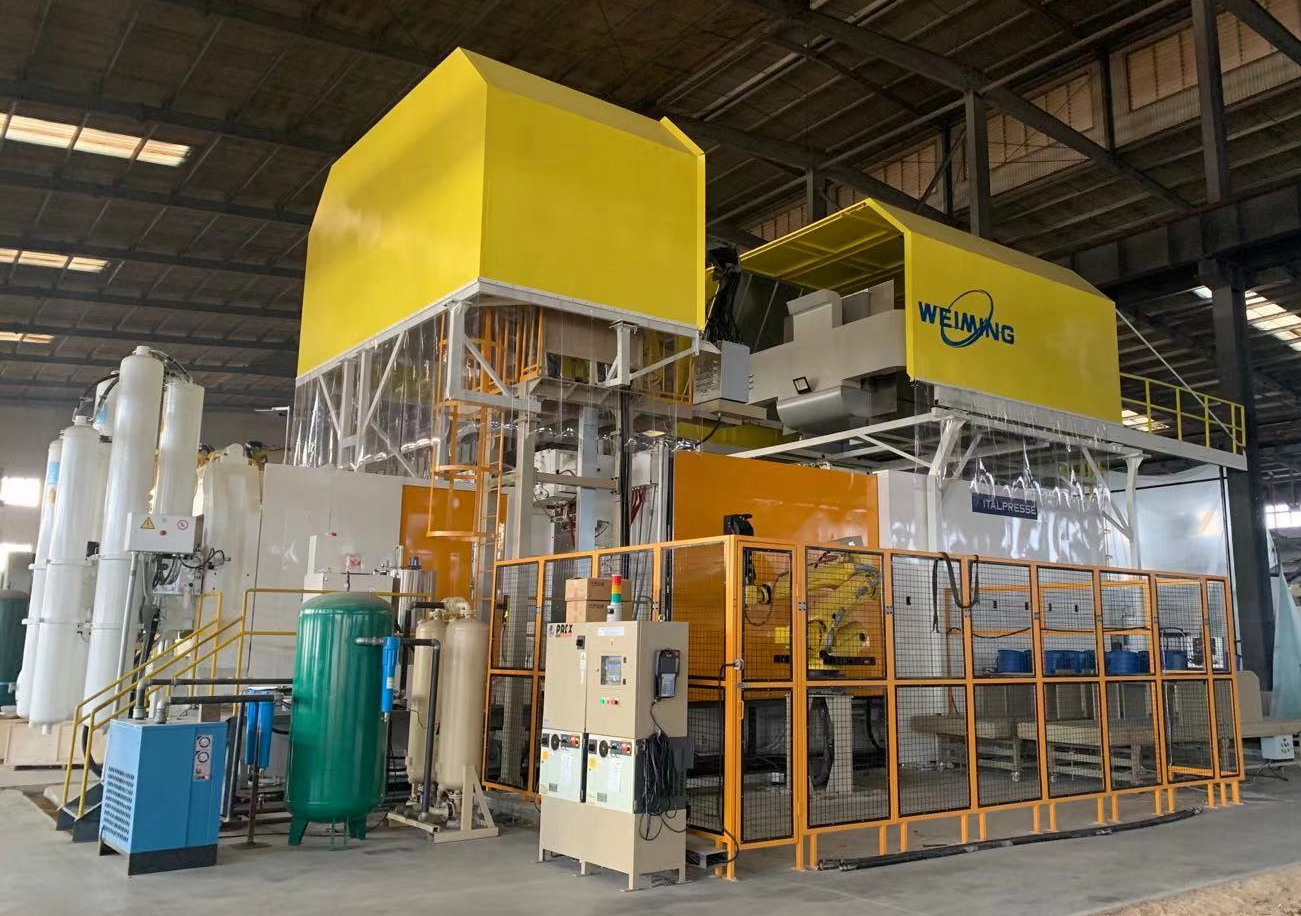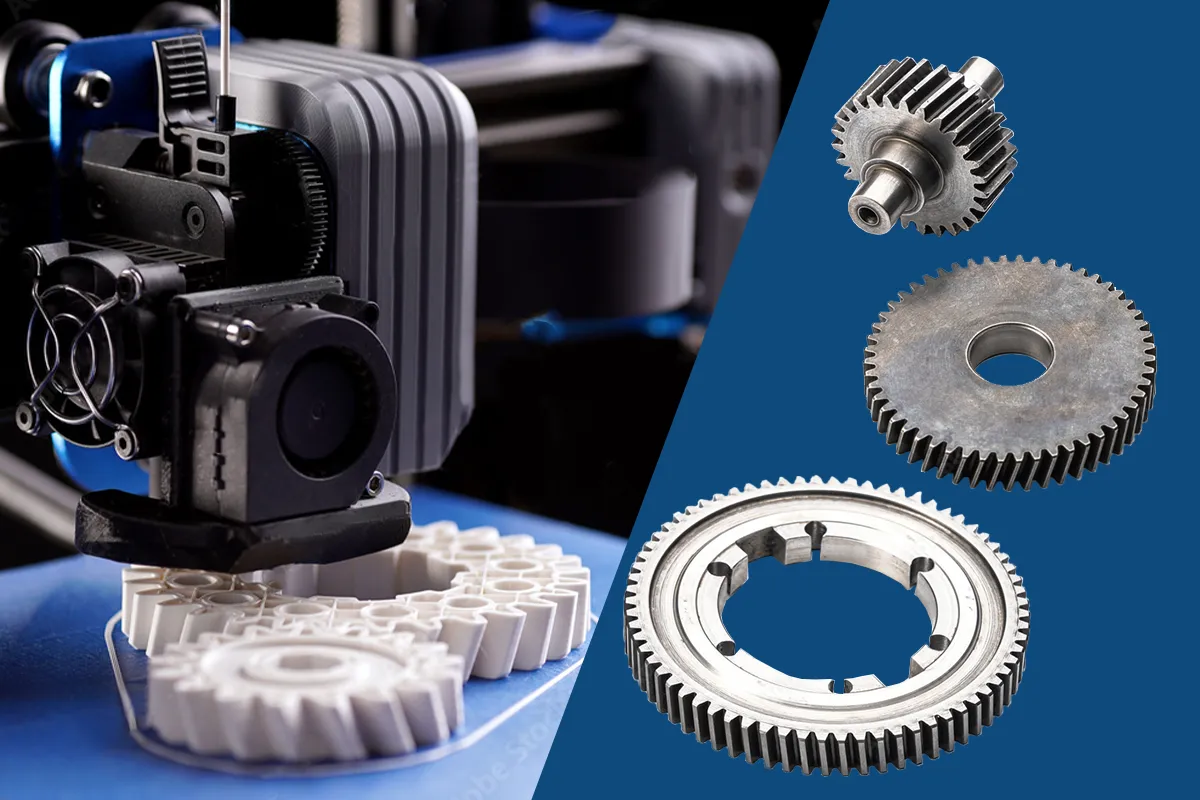
Gravity casting, also known as permanent mold casting, is a metal casting process that utilizes gravity to fill molds with molten metal. It is widely used across various industries due to its ability to produce high-quality, dense, and dimensionally accurate parts with good mechanical properties. Below are the key industries where gravity casting is applied:
1. Automotive Industry
Engine Components: Cylinder heads, pistons, intake manifolds, and turbocharger housings.
Transmission Parts: Gearboxes, clutch housings, and differential cases.
Structural Components: Suspension parts, brake calipers, and wheel hubs.
2. Aerospace Industry
Turbine Components: Aircraft engine housings, impellers, and structural brackets.
Lightweight Structural Parts: Aluminum and magnesium alloy castings for weight reduction.
3. Industrial Machinery & Equipment
Pump & Valve Bodies: High-pressure-resistant castings for fluid control systems.
Hydraulic Components: Cylinder blocks and valve manifolds.
Tooling & Dies: Molds for plastic injection and die-casting applications.
4. Energy Sector
Wind Turbine Parts: Gearbox housings and structural supports.
Oil & Gas Equipment: Valve bodies, pipe fittings, and compressor components.
5. Consumer Goods & Electronics
Cookware: High-quality aluminum pots, pans, and griddles.
Electronics Housings: Heat sinks and enclosures for electronic devices.
6. Marine & Defense
Shipbuilding: Propeller hubs, marine engine components, and corrosion-resistant fittings.
Military Applications: Armor components, weapon mounts, and vehicle parts.
Advantages of Gravity Casting:
Cost-Effective: Lower tooling costs compared to die casting.
High Strength & Durability: Produces dense, low-porosity castings.
Good Surface Finish: Reduces the need for extensive machining.
Material Flexibility: Works well with aluminum, magnesium, brass, and bronze.
Gravity casting is particularly favored in industries requiring medium-to-high production volumes with consistent quality, making it a versatile and reliable manufacturing method.





